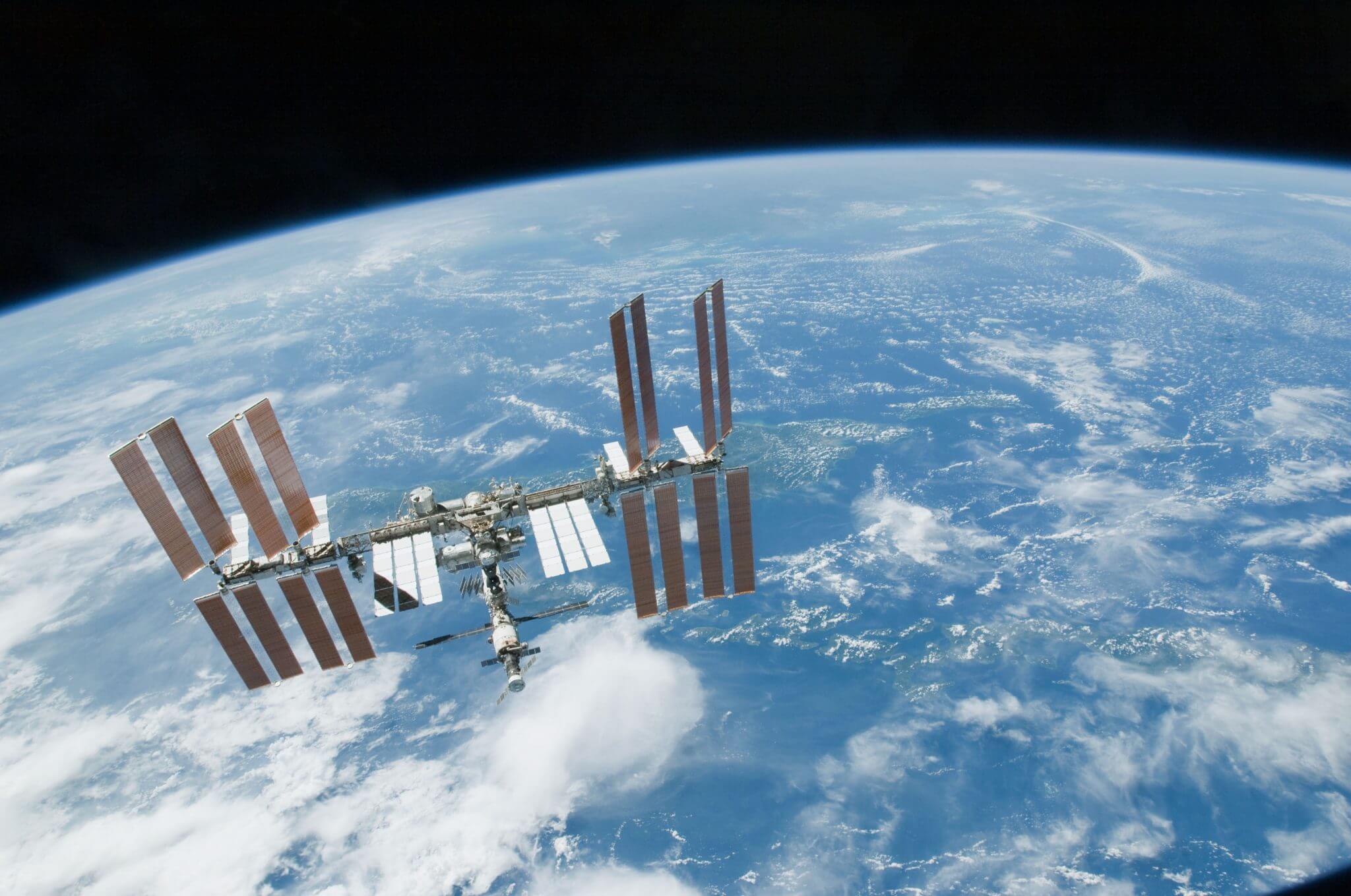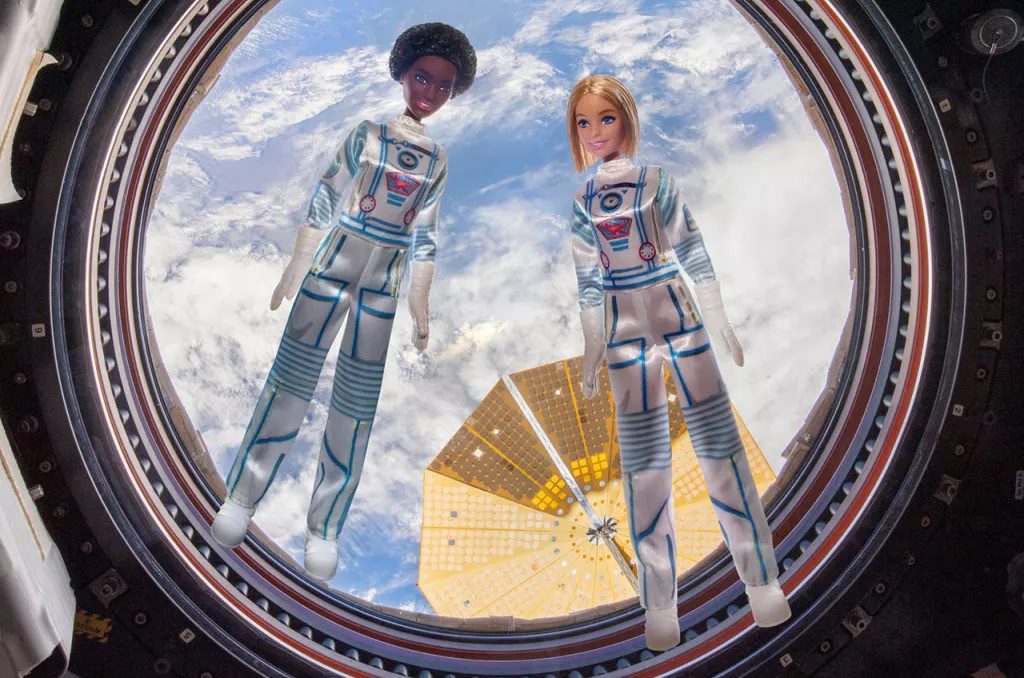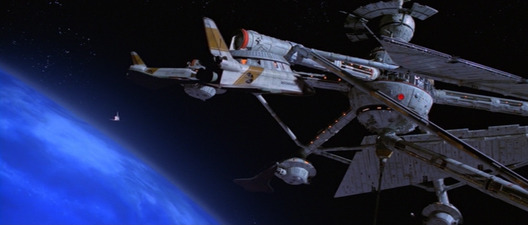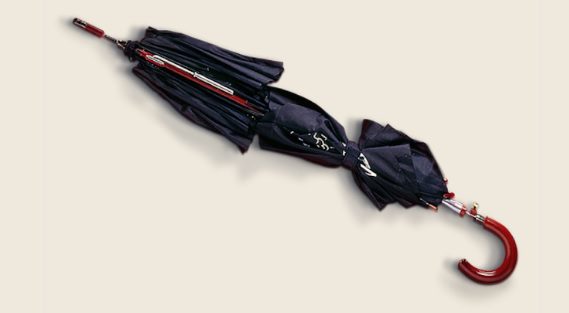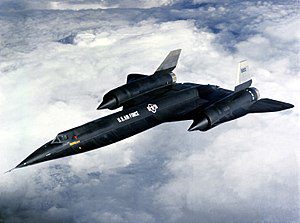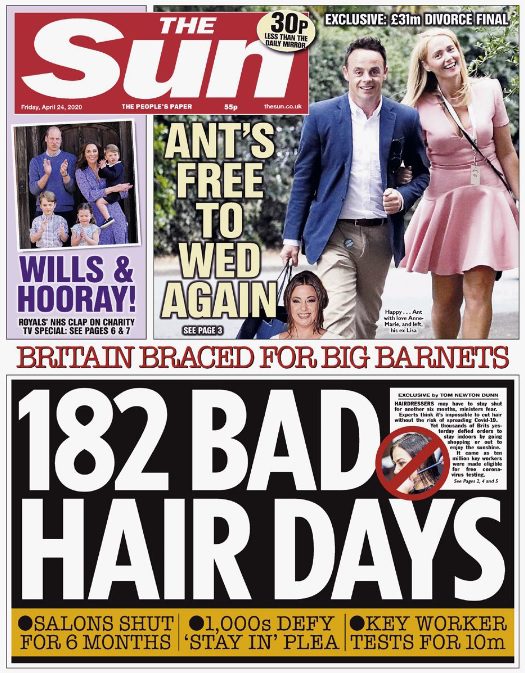The month of April has had its fair share of amusements, none of them related to April Fool’s Day.
That most excellent space physicist and orbit tracker, Jonathan McDowell, initially reassured his followers, in a twitter explanation, that the debris being fired off the disabled Japanese Astro-H (Hitomi) spacecraft could be just “dandruff” and so was not necessarily serious. Well, that was until he realised that major chunks were falling from the obviously ripped orbiting observatory including the solar panels.
Dandruff can, of course, present its own hazards to the operation of space vehicles – the reason for the stupid hairnets/hats in spacecraft preparation clean rooms – and to the operation of vehicles on Earth as well. For example, your dandruff-prone correspondent often has his wife asking him to shut the car window as he drives for visibility reasons on the grounds that “it is like a snow globe in here!”.
On the subject of mishaps, while titillating spelling errors involving the Higgs Boson were always likely, given that it can so easily turn into a “Higgs Bosom”, in fact, it was one involving the Large Hadron Collider that caused all the mirth.
The BBC has been caught unintentionally mis-captioning one of its scientific television news stories about the CERN-based machine – see below.
Our thanks to the reader who sent this one in. By the way, your correspondent’s advice to our gentlemen readers is that if you ever get one of these, don’t waste it. And if it is a large Hadron one, even better. By the way, while the Large Hadron Collider (LHD) is an impressive machine, it is not invincible. A weasel managed to shut down the LHD in April when it sadly got electrocuted, shorting out the LHD’s power supply.
And finally, in true television news style, we have our amusing animal story. As regular readers will know, about a year ago your correspondent’s household gained two reconditioned cats, one of whom was called Alfie. Apart from his friendly nature, he was picked because he had unusual facial markings that looked like the underside of the Space Shuttle.
Of course, not everyone could see the space connection and there were a few lewder suggestions as to what his feline facial marking looked like. Nevertheless, for us, he became “Alfie the Space Shuttle Cat”.
However, while he and we thought he was the cat’s whiskers, it seems there may be other feline space shuttle challengers (excuse the pun) for Alfie’s title – although obviously not quite as good as him.
Of course, there are other amusingly marked cats. There is even a website dedicated to “cats that look like Hitler”, with the website link of “siegmiaow”! http://www.catsthatlooklikehitler.com/cgi-bin/seigmiaow.pl.
Here is probably the best one with Hitler apparently reincarnated as “Kitler”.
For those cats that prefer a more distinguished look than the Nazi dictator’s toothbrush moustache, there is always this chap below.
Of course, whether you look respectable or not, you need the right accent to get on in the cat world. Scientists at the University of Lund, in Sweden, have started a five-year research project to see if cats pick up and use their owners’ regional accents.
Post Script: Following on from last month’s report about SpaceX’s amusing names for its landing barges, Elon Musk’s outfit finally managed a safe landing on “Of course I still Love You”. Meanwhile BoatyMcBoatface easily topped the internet poll to name the new polar research ship for the Natural Environment Research Council (NERC). Those killjoy nerks…
noun
-
a foolish, objectionable, or insignificant person.“you little nerk”
…at NERC warn, however, that they may not be bound by the vote, but they risk international unpopularity if they go against the wishes of the public.

